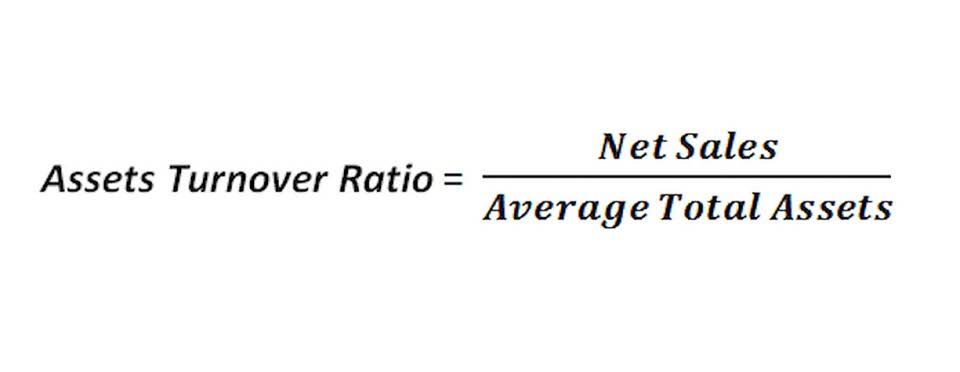
Accounts payable is not an expense because it represents an outstanding payment for a past purchase. Expenses are recorded when they are incurred, while accounts payable tracks the obligation to pay vendors for goods and services already received. While both accrued expenses and accounts payable fall under current liabilities, their fundamental difference lies in timing and recognition. Accrued interest is the amount accumulated on a financial obligation, such as a bond or Insurance Accounting loan, but has yet to be paid or received. This concept is essential in accounting and finance because it helps determine the exact amount of interest owed or earned over a period, regardless of payment schedules. Accrued interest is particularly significant in secondary market trading, where bonds and loans change hands between investors.

What Happens to Accrued Interest in Loan Payoffs?
Accrued interest has tax implications for both individuals and businesses, influencing how income and expenses are reported. Proper understanding and management of these implications can help in accurate reporting and compliance with tax regulations. Generally, when a person borrows money, accrued interest meaning accrued interest will increase what they owe.
📆 Date: May 3-4, 2025🕛 Time: 8:30-11:30 AM EST📍 Venue: OnlineInstructor: Dheeraj Vaidya, CFA, FRM
This approach ensures that financial statements provide a true and fair view of a company’s financial position. For instance, a lender records accrued interest as income in the income statement, even if the payment will be received in the next period. Accrued interest plays a crucial role in both accounting and financial transactions. For businesses, it ensures that financial statements reflect all liabilities and revenues, offering transparency and accuracy. For investors and creditors, it helps assess the true value of financial instruments, such as bonds or loans, by accounting for interest earned or owed over time.
Accounts Payable

The accrued expense previously recorded for March will be adjusted or removed because the exact amount is now known from the invoice. Recent years have seen updates in accounting standards and tax laws affecting the treatment of accrued interest. For instance, changes in IFRS or GAAP may introduce new requirements for recording accrued interest in financial statements.

- You should consider whether you can afford to take the high risk of losing your money.
- Because when a bound is sold, the seller must pay the market price + accrued interest.
- On the next coupon payment date (December 1), you will receive $25 in interest.
- Similarly, for businesses, accrued interest on loans taken or given must be accounted for when calculating taxable income.
- This approach aligns with the matching principle, providing a more accurate representation of financial performance and obligations.
- To avoid mistakes, always double-check calculations using reliable financial tools or software.
To avoid errors, maintain accurate records of financial transactions and update them promptly for any changes. Use reliable software for calculations and reporting, and seek professional guidance when dealing with complex scenarios. Accurate calculation of accrued interest is crucial for financial reporting, investment decisions, and compliance.

Both the company and the bank have accounting years which end on December 31. In case of accrued interest meaning in accounting the interest expense on profit and loss statement is increased by the amount of the interest that is yet to paid by the Company. It is because of the accrual principle of accounting, and the Company has to record any interest accrued but yet to pay. When a bond transaction takes place, the buyer buys the underlying asset plus the right to the next coupon payment, which includes the accrued interest since the date of the initial investment. Therefore, as compensation for the loss, the seller requires the buyer to pay the accrued interest that accumulates between the last coupon payment date and the day of the purchase. Typically, a bondholder who sells a bond has a right over the accrued interest of the bond.
What is Economic Profit? Understanding True Business Performance Beyond Accounting Numbers
- If you pay off the entire balance before the end of the deadline, you won’t pay any interest.
- Accounts payable is not an expense because it represents an outstanding payment for a past purchase.
- In accounting, accrued interest refers to the amount of interest that has been incurred, as of a specific date, on a loan or other financial obligation but has not yet been paid out.
- The new investor will pay him $ 100, and the last two months accrued interest expense is calculated as per below.
- The ultimate goal when accruing interest is to ensure that the transaction is accurately recorded in the right period.
- Accurate tax reporting of accrued interest requires meticulous record-keeping.
Lenders, in turn, rely on accrued interest to calculate the revenue generated from loans over a specific period. Clear communication of accrued interest helps both parties manage expectations and avoid disputes. Let’s assume that on December 16, a company borrows $20,000 from its bank at an annual interest rate of 6%.
Investors must account for it to accurately evaluate returns and make informed decisions. Accrued interest is the amount of loan interest that has already occurred, but has not yet been paid by the borrower and not yet received by the lender. When the payment is made, the entry is reversed, reflecting the reduction in liability. Let’s take a practical example to demonstrate how accrued interest is calculated for a bond transaction. If you carry a balance after the introductory period ends, interest applies only to the remaining amount from that date forward, rather than being charged retroactively. David Waring was the founder of LearnBonds.com and has been a major contributor to the extensive library of investing news and information available on the site.
Deferred interest: How zero-interest credit cards and promotional rates can cost you
Yes, accrued expenses are liabilities because they represent a company’s obligation to pay for expenses incurred. By the end of this guide, you will have a clear understanding of accounts payable versus accrued expenses and their role in financial management. In accounting, accrued Interest is the interest on the loan that has been balance sheet incurred but not yet paid from the borrower’s point of view . It is accounted in the books as account payables if the company owes to the bond investors or creditors but is still unpaid.


Leave a reply